How Europe can catch up in the global AI race
This article was written by Lynn Dascha Engelhardt, Policy Fellow 2024-2025, and originally appeared in Reaction. The views in this article are the authors own.
Leading in AI today means securing a strategic edge across nearly every sector, from defence and healthcare to finance and energy. Most of the global conversation focuses on the rivalry between the US and China, with names like ChatGPT and DeepSeek dominating the headlines. Yet Europe is not absent from this race.
France’s Mistral AI and Germany’s Aleph Alpha have built impressive models but they are still niche compared to the go-to tool ChatGPT. Could these European players grow into something bigger or has Europe become irrelevant in the global AI race?
This year’s AI Action Summit in Paris marked a turning point, with over 60 countries, including players like China, signing a declaration on responsible AI. The US and UK notably abstained, making China look cooperative and the West divided. The US abstained because it found the declaration stifling to innovation, while the UK saw it as too vague on governance.
That same day, the European Commission also announced plans to mobilise €200 billion for AI, emphasising collaboration over the zero-sum rivalry that drives the US-China AI race.
Despite often being overshadowed in global AI headlines, Europe has serious potential. Ireland for example, often nicknamed the tech capital of Europe, combines favourable tax policies, strong IT infrastructure, and a unique position as an EU and Eurozone member with close ties to both the US and UK, making it a natural contender for a central role in European AI. Then there is France, not only home to Mistral AI but also a leader in nuclear energy which could power reliable and sustainable AI developments.
But perhaps the most quietly impressive region is the Nordic-Baltic. With just over 33 million people combined, this region contributes around 2% of global GDP and has the highest number of unicorn startups per capita globally. Spotify, Skype, and Bolt all originated in this region, where strong digital infrastructure and supportive social safety nets have fostered the kind of bold entrepreneurship and risk-taking that AI innovation needs. Building on this digital foundation, OpenAI and Anthropic launched the “AI Leap” in Estonia to prepare students for AI careers. But why are US companies leading this change in Europe, likely to test scalable models, build goodwill, and most importantly, create talent pipelines that benefit the US tech ecosystem?
And that leads to one of Europe’s biggest challenges in the AI race: talent retention.
Even when European countries produce great engineers and researchers, they often leave for better-funded opportunities abroad. The UK, for instance, has world-class universities, and Labour leader Keir Starmer has even pledged to turn the UK into “Europe’s Silicon Valley” with pro-innovation policies. Yet high living costs and intense global competition means UK-based startups often struggle to hold on to the best talent or attract them in the first place.
Another major obstacle is Europe’s internal fragmentation. Many sectors like energy, telecoms and banking are still split along national lines, with each country defending its own national champions. This makes it hard for startups to scale across borders, complicates compliance, and discourages big international investment. As a result, although Europe generates many startups but few become unicorns – there are eight unicorns in the US for every one in Europe. Regulation, bureaucracy, and lack of market unity are holding back what could be one of the world’s most promising AI ecosystems.
In general, Europe is missing the funds needed to properly compete in AI, largely because it already missed out on the big tech boom that shaped today’s digital world. And even when Europe has managed to gather funds for ambitious tech projects, the results have often been disappointing, like the collapse of Northvolt in Sweden or the widely criticised Gaia-X cloud initiative. These failures have only made investors more risk-averse, which is the exact opposite of what is needed to succeed in AI.
When it comes to AI, some may argue that Europe should stick to what it does best - regulating. After all, the familiar phrase goes: “The US innovates, China replicates, and Europe regulates”. True to form, the EU has introduced the AI Act, aiming to set global ethical standards. Yet critics, including US Senator J.D. Vance, argue that this stringent regulation stifles free speech and innovation, similar to concerns raised over Europe's crypto regulation MiCA.
The bigger risk is long-term dependence on foreign tech giants, which could leave European industries, especially sectors like automotive, vulnerable to monopolistic control and falling further behind in areas like autonomous driving. And more broadly, in a world shaped by Brexit, COVID, the war in Ukraine, and rising geopolitical tensions, Europe urgently must boost its autonomy, and AI is central to that economically, politically and militarily.
It remains to be seen if Europe will fulfil its AI ambitions, but as Ursula von der Leyen said, “the AI race is far from over”, and the rise of affordable models such as DeepSeek provides hope. European AI leadership matters, not just for competitiveness and security but for bridging language barriers and uniting a diverse continent. The US and China may lead now, but pioneers like BlackBerry and Nokia show that early dominance is not permanent. If Europe can overcome its challenges, it still has a real shot at AI success.
